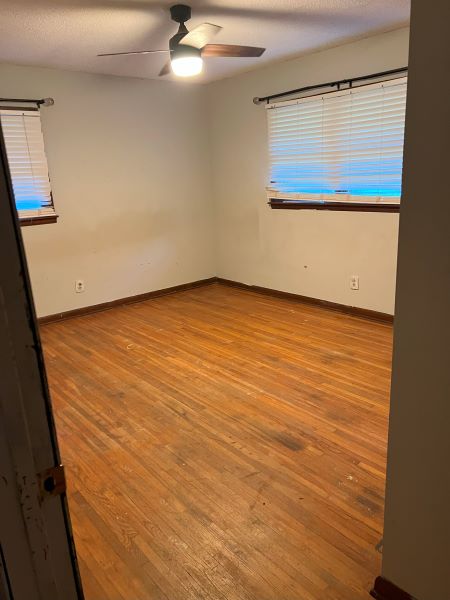The calls to “shop local” have been growing louder year after year.
Even one of the largest credit card companies, American Express, started a movement called “Small Business Saturday” to entice consumers to shop at small businesses.
It seems that society has become a bit hypocritical lately.
As a whole, we applaud entrepreneurial spirit and even encourage people to start a businesses to achieve financial success (although it isn’t always the answer or even the right thing for certain people).
But then we condemn big-box national chains for whatever reason with our next collective breath.

We tell people to boycott or avoid certain businesses simply because they grew out of the “small business” category. It doesn’t matter what the reasons are, just avoid anything that isn’t local.
What message are we sending to small businesses?
It’s ok to grow and expand, just as long as you don’t get too big?
What defines “too big”?
Why do we encourage success only to punish it later on?
We don’t tell our children to get good grades, but just not all A’s because we don’t want to make the other kids feel inferior.
We don’t train hard to learn a skill only to stop short of mastering it in order to show that we “care” about others we work with and around.
We don’t stop learning new skills or turn down raises because we have “enough” (well most non-lazy people don’t).
Yet, the whole “shop local” outcries essentially tell those small business owners that we’ll support them only so long as they remain small. Should they dare to grown and expand, they will lose our support:
“You can be successful, but don’t think for a second about reaching too big a level of success or else you’ll be dead to us!”
How the hell does that make any sense?
So, the next time you bitch, moan, boycott, or take shots at one of these large “evil” companies take a moment to remember where they started and how much work went into making them what they now are.
After all, large corporations don’t just pop up overnight–they take years to grow into the behemoths they have become today. And, most of the largest American retailers had very modest beginnings:
- Best Buy started with one store financed from personal savings and a second mortgage
- WalMart started with a single store that almost didn’t survive because of a high lease cost
- Lowes started with a single store in the tiny town of North Wilkesboro (only 5 mi2 in size)
- Barney Kroger spent his entire $372 of savings in 1883 (~$9,000 today) to start the Kroger grocery chain
- Bernie Marcus & Arthur Blank started The Home Depot with only 2 locations in 1978
- A $1,000 loan and a desire to put himself through medical school is how Subway’s founder got his start
Keep in mind the two aren’t mutually exclusive: the big, national (or multi-national in some instances) chains had to start someplace, and that generally was as the mom-and pop corner store in the small town.
But, as with any successful venture, they had to expand and spread out, eventually shedding the label of being a “small business” or a “local business” because of this success.
And remember, it’s not just the big companies that have problems with employee relations, there are a lot of small, local shops that aren’t very good at paying good wages or providing health coverage for employees too.
In the end, isn’t that what we set out to do when starting a business, become successful?
So why do you think that we, as a society, admonish the successes?
SOURCE: DollarVersity – Read entire story here.




















